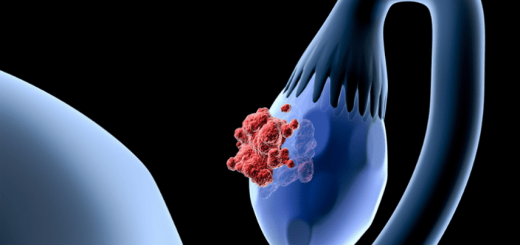When to see a gynecologist: problems you shouldn’t ignore

Probably, there is none of us who adore gynecological examinations. Many women visit him only when problems have already been caught by surprise. If a problem arises, many hope that it will go away on its own and avoid visiting a doctor until the last minute. However, there are issues that we should never ignore, and they are what we will focus on in this article.
If you are hoping that over time these health problems will disappear and you will heal yourself, then you are not.
The following symptoms can signal the presence of serious problems, so if they arise, it is better not to wait, but to consult a gynecologist:
unnaturally painful periods;
premature bleeding;
painful intercourse;
skipping menstruation.
If you usually suffer from abdominal pain during your period, you are familiar with this unpleasant feeling. But when pain forces you to give up your usual activities and you can’t do anything, something is definitely wrong and it can become a serious problem. Therefore, if the pain persists, see a doctor who can help reduce unpleasant symptoms and live life to the fullest. Also, pain can be companions of fibrosis, in the treatment of which time plays an important role.

, Image: 188725063, License: Royalty-free, Restrictions: , Model Release: no, Credit line: Profimedia, Corbis
A visit to your doctor is also necessary if you start bleeding outside of your cycle. It can be caused by a pelvic infection, cyst, polyp, or fibroid. Ectopic pregnancy or uterine cancer is also possible, so do not underestimate these symptoms.
Of course, painful intercourse does not necessarily mean that you are suffering from the disease, as many women often suffer from this problem and usually just change their sexual position or use more lubricant, but if the pain occurs more often and nothing helps you, there may be reasons , for example, inflammation of the cervix, endometriosis, ruptured ovarian cysts, fibroids and others. Therefore, it is important not to lose sight of these symptoms and, if possible, carry out gynecological examinations on a regular basis.
If menstruation stops and does not return for a long time, the causes may be hormonal imbalance and stress, our body may also indicate more serious conditions, such as polycystic ovary disease, ovulatory disorders or premature menopause https://en.wikipedia.org/wiki/Menopause. In this case, do not play with your health and give preference to medical care.


